Root cause analysis (RCA) is a technique that is used to identify the reason for the underlying issues. Instead of only addressing the symptoms of a problem, it is a systematic procedure for locating and addressing its underlying causes. By addressing the core causes of the issue, RCA seeks to prevent the issue from recurring.
RCA typically follows the following steps:
- Define the problem: The problem that must be handled is clearly defined and described.
- Gather data: Obtain information and data on the issue, including appropriate documentation, statistics, and reports.
- Develop an action plan to solve the issue and prevent it from happening again in the future based on the underlying cause(s) that have been discovered.
- Identify root causes: Consider the many reasons, and then apply analysis and critical thinking to choose the most likely root cause (s).
- Analyze the data: To analyze the data and find potential root causes, utilize tools like cause-and-effect diagrams, Ishikawa diagrams, and process flow diagrams.
- Implement the plan: Execute the action plan, making necessary adjustments or enhancements to procedures or systems.
- Monitor and evaluate: The effectiveness of the plan is essential to ensuring that the issue never arises again.
RCA is an effective tool for businesses of all sizes and types since it assists in determining the root causes of issues and ensures that the proper fixes are put in place to prevent them from recurring. RCA can result in better procedures, less waste, and higher customer satisfaction by addressing root causes.

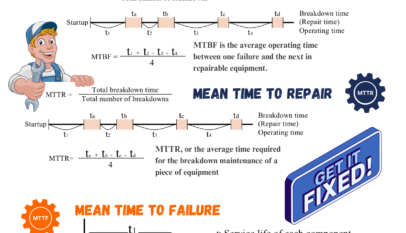



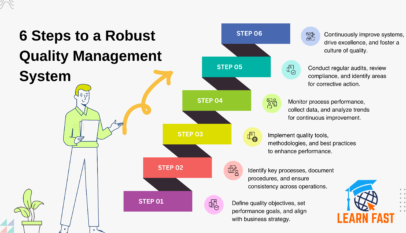

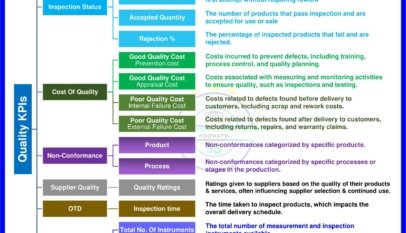

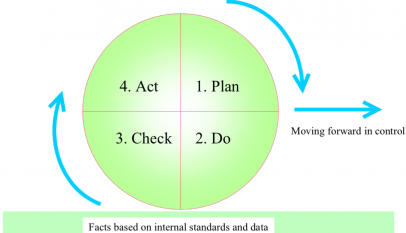

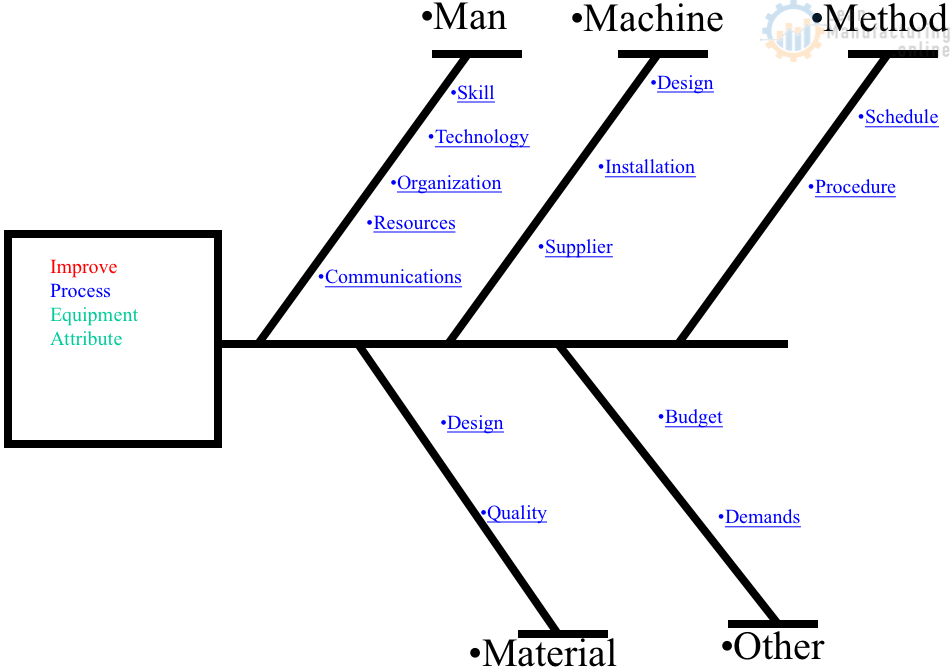

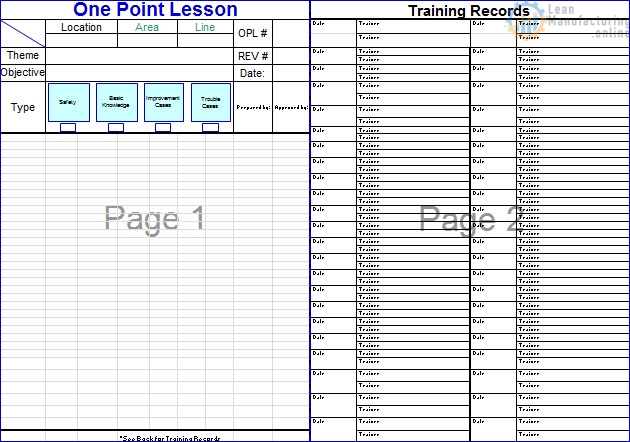



thanks
Thanks
desaiajay285@gmail.com